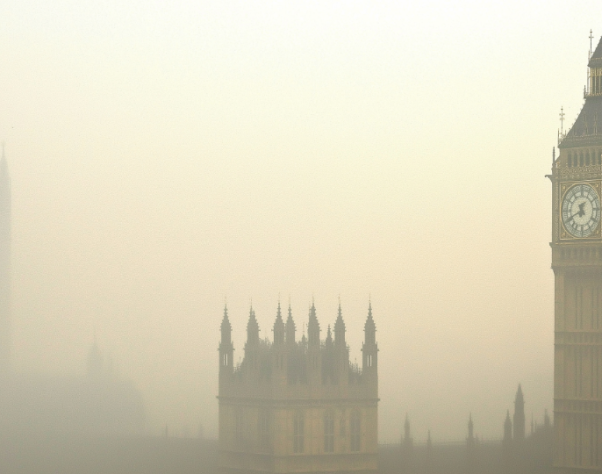Everything you need to know about Elon Musk’s Twitter
By Harriet Chamberlain, Associate Partner
It hasn’t been long since Elon Musk completed his $44bn deal to own Twitter. Since becoming “Chief Twit” (his words not ours) with his goal of championing freedom of speech, he has fired about half the workforce, amplified conspiracy theories and allowed hate speech to proliferate. Some people were excited by the idea of Musk’s bold and fast-paced leadership, whilst others viewed it as an attack on American democracy.
Associate Partner Harriet Chamberlain shares her thoughts on the biggest controversies to date and what this all means for businesses who rely on Twitter to communicate.
Read our latest consumer insights
Controversies at Twitter under Musk
Perhaps the most controversial event that has happened since Musk’s appointment at Twitter, alongside the deplorable rise in hate-speech, has been the speed and depth of staff redundancies. The dismissals have occurred across a number of departments including communications and public policy, though perhaps more worryingly, also human rights, accessibility and AI ethics.
There has also been talk of allowing Donald Trump and other banned accounts back on to the platform, or anyone else that Musk views as having been “censored for minor violations”. I’m not sure inciting an insurrection would go down as a small offence, but there has been no news as yet about Trump’s return.
Blue tick verification for all
The biggest change that Musk has announced (so far) is of course allowing all users to become ‘verified’ via a blue tick by paying just $8 for a monthly subscription to Twitter Blue, as he seeks to build a more sustainable subscription-based business model. The coveted blue tick has long been a powerful symbol of authenticity and given only once Twitter had verified the identity of the user who had applied for it. Unfortunately, some people quickly worked out that they could pay for a blue tick and then change their account name to impersonate celebrities, politicians, journalists and businesses. Whilst I can’t get away with sharing much of the parody content that has been shared as a result, some examples of tweets shared from imposter accounts include:
- “Donald Trump”: Obama was the best president of our lifetime. No contest!
- “Apple”: Introducing Apple Air+. A brand new, innovative group of atoms specifically tuned to enhance your Apple Store experience…$9.99/30m


The chaos quickly became too much for Twitter, and the paid-for blue tick offering was swiftly revoked. In public however, Musk appeared defiant, tweeting “Usage of Twitter continues to rise. One thing for sure: it isn’t boring!” whilst also making it clear that impersonation on the platform wouldn’t be tolerated and shutting down a number of fake accounts, particularly the ones that parodied him.
Where does Musk’s Twitter takeover leave our clients?
Luckily there’s no longer a risk that someone will impersonate your business, which is a relief given the damage this can cause. US pharmaceutical company Eli Lilly & Co, who had previously come under fire for charging high prices for insulin, saw a 4.5% fall in their stock price after a fake tweet was shared announcing that their drug would henceforth be free.
One element that is worrying some digital marketers however, is whether they should advertise on the platform or indeed quit it altogether, as fashion brand Balenciaga has just announced. Many businesses have paused their paid campaigns on Twitter whilst they wait to see how the situation plays out, including Volkswagen, Pfizer and Audi. Brands usually react with caution to big changes in order to protect brand value, so this is a perfectly legitimate response. Musk has reacted furiously to this drop in ad revenue, threatening a “thermonuclear name and shame” campaign on those businesses (which makes no sense given that those who had done so had already announced it).
We have no idea where Twitter will be headed within the next few weeks and months. Things are changing so dramatically every day, and I predict that by the time this post goes live, Musk will have shared a new internet-breaking tweet that will render it antiquated. For now:
- We wouldn’t advise taking a statement action like quitting Twitter until the full situation unfolds
- Pausing advertising gives brands time to assess the situation and could be beneficial, although this should be assessed on a case-by-case basis depending on the nature of the business, your audience and the scale and value of the ad campaign
- Keep a close eye on the platform and news so you can understand any emerging issues for your business and react accordingly
Get more insights into consumer behaviour – download our 2022 Consumer Report




